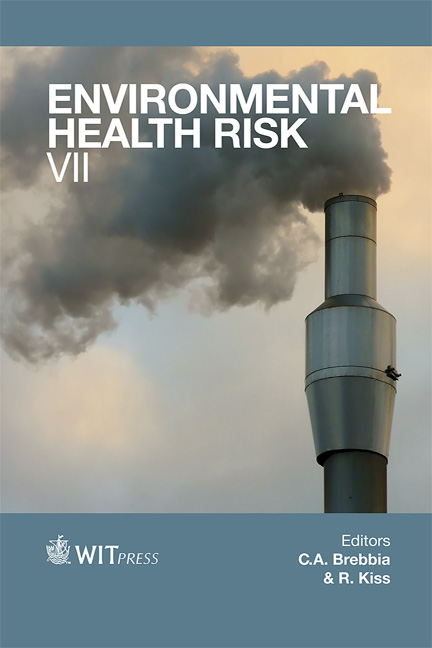The Environmental, Social And Ethical Aspects Of Multinational Corporations Exploiting Oil Resources In Ecuador
Price
Free (open access)
Transaction
Volume
16
Pages
15
Page Range
157 - 171
Published
2013
Size
184 kb
Paper DOI
10.2495/EHR130141
Copyright
WIT Press
Author(s)
A. Newcombe, A. Evangelio, P. Revilla, T. Laranjeiro & S. F. Hansen
Abstract
Extraction of oil promises economic growth in many developing countries but almost inevitably brings environmental and social degradation with it. In this paper we explore the environmental, social and ethical aspects of multinational companies’ (MNCs) oil exploration and production in Ecuador and we analyze several different protective regulatory management strategies that could help eliminate negative impacts. We use Drivers Pressures State Impacts Responses (DPSIR)-analysis to understand the interconnectivity of the current situation whereas we use stakeholder analysis to identify the most appropriate regulatory response. We find that there is scientific consensus that pollution from oil production by MNCs has caused an environmental disaster, a widespread health emergency and serious detrimental social impacts. This raises fundamental questions about whether it is ethically justifiable that MNCs disregard legal rules from their country of origin to profit from limited and ineffective environmental law in developing countries. A number of regulatory strategies exist that could resolve the situation including; the temporary banning of MNCs to extract oil, expansion of the Yasuní-ITT initiative, which allows the Ecuadorian government to receive funds from the international community for refraining from oil exploitation, compensation and remediation and the development of environmental law and policy. Selecting the most appropriate strategies requires stakeholder involvement and consideration of their interests. Through our stakeholder analysis we identified a wide range of stakeholders ranging from the indigenous people to MNCs such as Chevron. The interests, influence and political and economical power of the identified stakeholders differ substantially and unfortunately it was found that the most impacted stakeholders were quite
Keywords
oil extraction, developing countries, DPSIR, stakeholder analysis, precautionary principle, public participation





